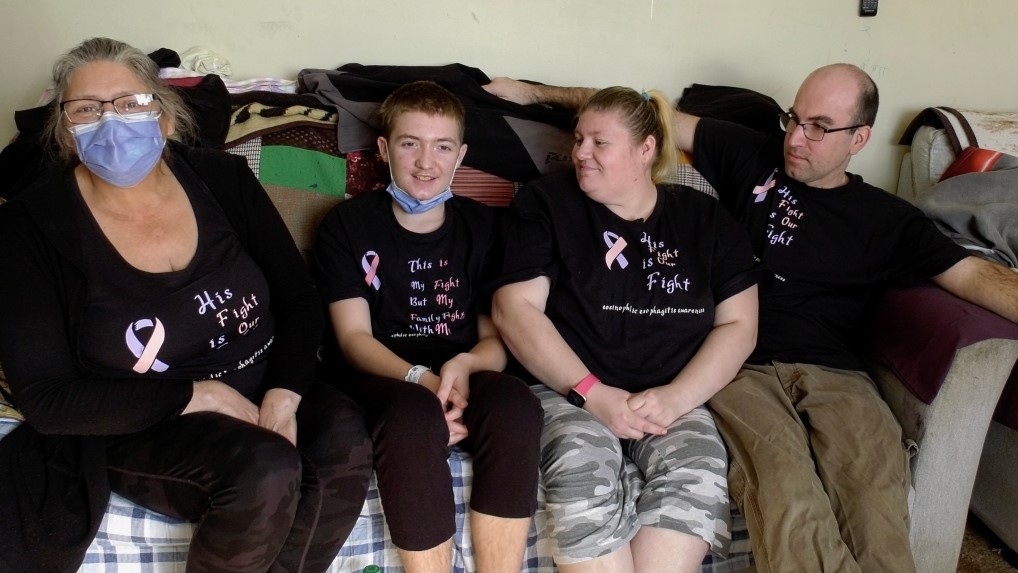That's not how any of that works at all.
Using a corporation to defer tax on income until you're retired (or semi-retired) and have a lower marginal tax rate at the personal level is a super common tax planning tool used by almost any owner-managed business after maxing out RRSPs (and sometimes TFSAs based on their financial goals).
It's not actually that much more tax efficient. There are a ton of things built into the corporate tax system such as Part I Refundable and Part IV taxes that prevent it from being much more tax efficient than just investing it personally. The biggest reason it's done for most people is actually creditor protection. Keeping those savings in a different corporation helps ensure if they get sued for any reason, or the PC runs into creditor issues, it's a lot harder for creditors to make a claim against those savings.
Anybody operating through a PC can be personally liable for their professional mistakes, and owner-managers who are not PCs can still be personally liable for things that happen within their operating corp, allowing the person who slips on ice walking in the vicinity of their place of business to potentially sue not just their corp but also the owner-manager.
Part I refundable and Part IV tax (which is also essentially a refundable tax) largely takes away the tax deferral opportunity. Essentially they get taxed at the highest marginal rates on any income earned by those investments, so it stops them from being able to reinvest it anymore than a normal person would be able to. When they pay it to the shareholder (themselves) as a dividend, then the corp receives the refundable tax back.
The only companies that can really benefit from super complex tax planning are a small fraction of the companies that are going to harmed by this. They can benefit from that tax planning due to the gross numbers more than anything. The only way to close those loopholes is actually to reduce the corporate rate to 0% so we can get rid of all the silliness of "integration" which is why these openings occur in the first place. Come to grips with the fact that a corporation can't actually pay taxes - only the individual shareholders - and then tax their dividends at 100% instead of this silly "gross-up and tax credit" system which is literally just a bunch of smoke and mirrors designed to ensure the the effective marginal tax rate paid at the personal level is the same as if there was a 0% corporate tax rate and the shareholder was paying tax on their dividends at 100%, and is only employed because it's politically unpopular to have a 0% corporate tax rate (despite it's massive benefits).
Doctor's don't really sell their practices anymore and most surgeons/specialist use the hospital's equipment and just get paid for their actual service fee.
It's not worth it for a new doctor to buy an existing practice because the demand is so high - they can just set up shop anywhere and practically don't even need to advertise.
There is nothing stopping anybody from creating an InvestCo and investing from within there. I would be happy to help you set up a HoldCo to do your investing from if you think the fees will be worth it. We can do the analysis for you to determine what tax benefits you would receive and compare them to the cost of maintaining it.
Hint: Unless you're doing it for reasons like creditor protection, you'll quickly find you probably can't even really save the $2000 or $3000 in taxes a year to make it worth the professional fees and are better off just investing it in a self-directed fund, with all of your capital gains-oriented investments staying in the taxable account and your income-based investments in the RRSP/TFSA accounts..
Using a corporation to provide a manner in which they can limit their financial liability only to the what they've invested in the business, and not having the liability extend to their personal financial security unless there is something negligent afoot, is pretty important if you actually want any form of entrepreneurship to occur - whether it's a doctor or the next Tesla. That professionals also have to worry about additional personal liability - how does that contribute to an argument that it's a tax dodge? I'm not really sure what you're argument was there?
The most the regulatory body can do is take your license away. If they levy a fine you don't want to pay, you can just leave the profession and they can't do shit. The regulatory body can't do shit about your InvestCo and seize all your savings. But yes, certain professionals do have more liability, which makes it all the more important to have an InvestCo, not less important.
The capital gains increase is bad news. You've got the Bank of Canada sounding the alarm bells over Canada's alarmingly low productivity and a housing affordability crisis (most developers plan largely around creating capital gains in the long-term), and now the government is creating policy based on tricking the uninformed voter into thinking the "rich" just have it too good and need pay a "more fair share" (as if their extremely disproportionate share of all taxes paid isn't already... disproportionate), and you're lapping it all up like a fat kid eating cake.
Personally I've moved half of my investments into US dollars (and all my investmests are in US companies/funds) because Canada is a sinking ship and our dollar is reflecting that and it's only going to get worse.



